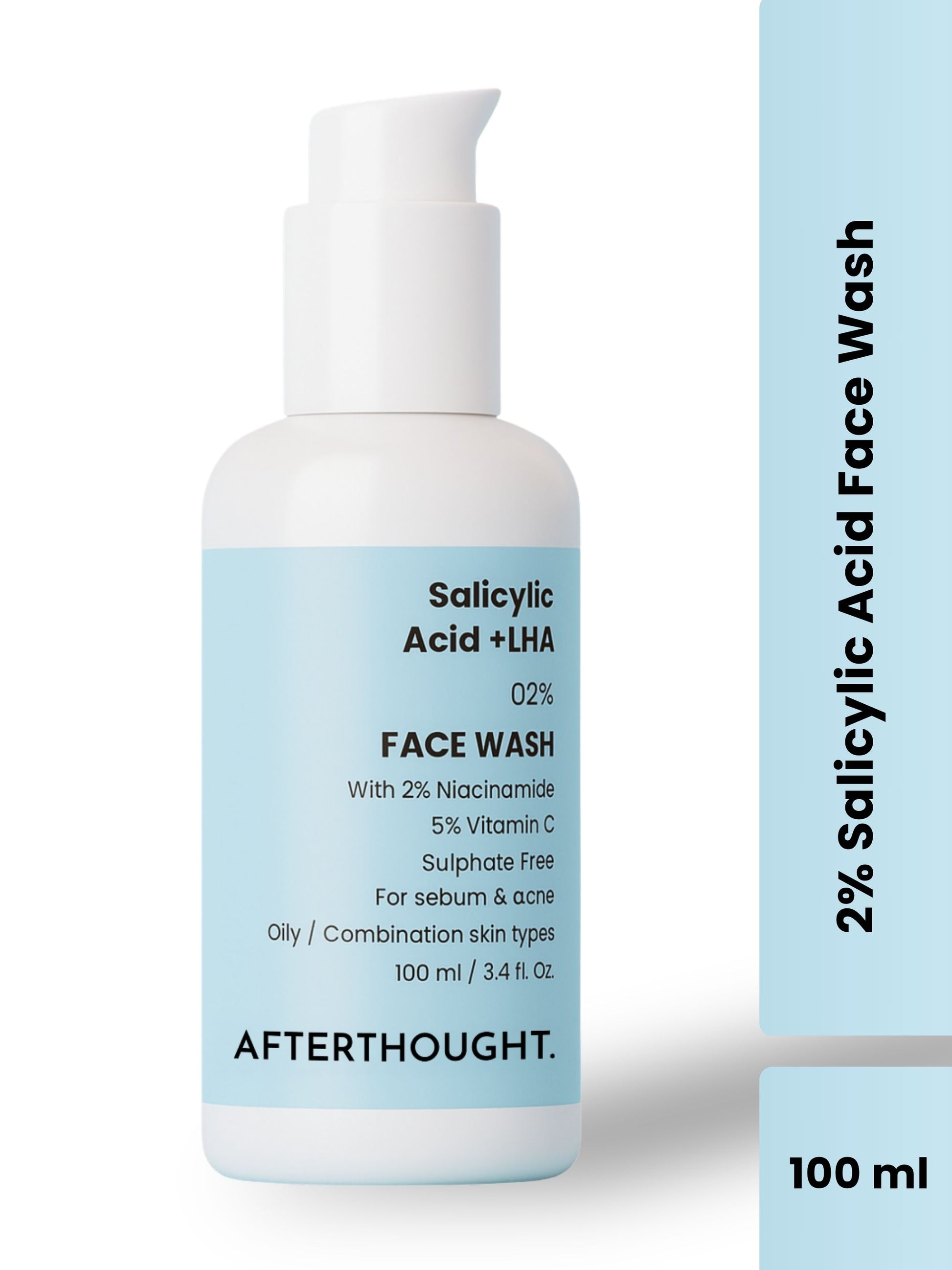How To Improve The Skin Barrier? Top 10 Ways Listed.
The skin barrier is the outermost layer of your skin, acting as a protective shield against environmental aggressors, pathogens, and moisture loss. A compromised skin barrier can lead to various skin issues, such as dryness, sensitivity, redness, and premature aging.
Fortunately, there are effective strategies to enhance and maintain the integrity of your skin barrier. This guide will explore key methods and tips for improving your skin barrier health.
Understanding the Skin Barrier
The skin barrier, or stratum corneum, consists of dead skin cells (corneocytes) held together by lipids (fats) and proteins. This layer performs several crucial functions:
- Protection: Shields against harmful external factors, including UV radiation, pollutants, and microorganisms.
- Hydration: Prevents excessive water loss from the skin.
- Regulation: Maintains the skin’s pH balance and overall homeostasis.
When the skin barrier is damaged, it loses its ability to perform these functions effectively, leading to compromised skin health.
Causes of Skin Barrier Damage
Several factors can damage the skin barrier, including:
- Harsh Skincare Products: Overuse of exfoliants, cleansers with high pH, and products containing alcohol or fragrance can strip the skin of its natural oils and disrupt the barrier.
- Environmental Stressors: Extreme weather conditions, pollution, and sun exposure can weaken the barrier.
- Underlying Conditions: Skin conditions like eczema, psoriasis, and rosacea can impair the barrier function.
- Lifestyle Factors: Poor diet, lack of sleep, and high stress levels can also impact skin health.
Key Strategies to Improve and Maintain a Healthy Skin Barrier
1. Gentle Cleansing
Use a mild, non-stripping cleanser that respects the skin’s natural oils. Avoid products with high pH levels or harsh ingredients. Opt for cleansers that are formulated to be pH-balanced and free of irritating additives.
2. Moisturize Regularly
Choose a moisturizer that contains occlusive agents (e.g., petrolatum, dimethicone), humectants (e.g., glycerin, hyaluronic acid), and emollients (e.g., ceramides, fatty acids). These ingredients work together to reinforce the skin barrier, lock in moisture, and prevent water loss.
3. Incorporate Barrier-Repair Ingredients
Look for products containing ingredients known to support barrier repair, such as ceramides, fatty acids, cholesterol, and niacinamide. These components help to replenish and strengthen the skin’s natural lipid barrier.
4. Avoid Over-Exfoliation
Exfoliation can be beneficial for removing dead skin cells, but overdoing it can damage the barrier. Limit the use of physical and chemical exfoliants to once or twice a week and choose gentler formulas to avoid irritation.
5. Protect from Sun Damage
Daily sun protection is crucial for maintaining a healthy skin barrier. Use a broad-spectrum sunscreen with SPF 30 or higher to shield your skin from harmful UV rays. Sunscreen helps prevent photoaging and maintains the integrity of the skin barrier.
6. Stay Hydrated
Proper hydration is essential for skin health. Drink plenty of water throughout the day to help maintain internal hydration levels. Additionally, consider using hydrating serums or mists to supplement moisture, especially in dry or heated environments.
7. Adapt to Seasonal Changes
The skin’s needs can vary with the seasons. In colder months, opt for richer, more emollient moisturizers to combat dryness and prevent barrier disruption. During hot and humid weather, choose lightweight, non-comedogenic products that won’t clog pores.
8. Maintain a Balanced Diet
A diet rich in essential fatty acids, antioxidants, and vitamins can support skin health from the inside out. Incorporate foods like avocados, nuts, seeds, and fatty fish into your diet to provide your skin with the nutrients it needs to function optimally.
9. Manage Stress
Chronic stress can negatively impact skin health, including the barrier function. Engage in stress-reducing activities such as exercise, meditation, or hobbies to support overall well-being and improve skin resilience.
10. Seek Professional Advice
If you experience persistent skin issues or suspect an underlying skin condition, consult a dermatologist. A skincare professional can provide personalized recommendations and treatments to address specific concerns and help restore your skin barrier.
Conclusion
Improving and maintaining a healthy skin barrier involves a combination of gentle skincare practices, strategic product choices, and lifestyle adjustments. By understanding the factors that affect your skin barrier and implementing these strategies, you can achieve a more resilient, balanced, and glowing complexion. Prioritizing your skin barrier health not only enhances your skin's appearance but also contributes to overall skin wellness.
Also Read: What Is Emulsion Skin Care, Is It Better?









